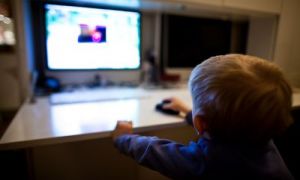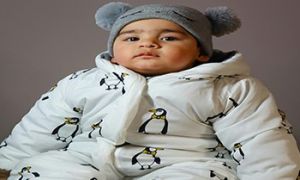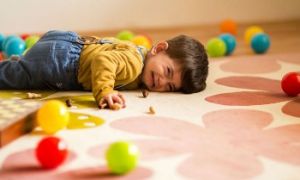

In recent weeks, over 1,300 parents tuned in to a national safety webinar after confronting reports of abuse in early learning centres. The heartbreaking question echoed across the country: “Is my child safe?” For educators, this isn’t just a headline—it’s a summons to take action.
Seeing your child struggle with a cough and cold can be tough on both the little one and you. Comfort and care are key, and maintaining a proactive approach can really make a difference. The following article provides information on Effective Home Remedies For Cough and Cold In Children, General Cold Treatment Guidelines, How Long Does A Typical Cold Last In Children, How Can I Tell If It’s More Than Just A Cold, Things To Avoid When Your Child Has A Cold and more.
A sense of belonging in a home setting refers to the feeling of being accepted, valued, and supported within the family environment. It stems from the relationships, routines, and shared experiences that create a safe and inclusive space for all family members.
The "Look Before You Lock" campaign is a vital initiative for parents and families to ensure the safety of children during transportation. This campaign addresses the serious risk of leaving children in hot cars, which can lead to tragic consequences due to the rapid rise in temperature inside parked vehicles. This article provides information on Look Before You Lock Routine For Parents and Families, Resources and Materials, and more.
Parents may be barred from hitting their children after a study found that physical punishment increased the chance of anxiety.
Language plays an important role in a child’s development. It enables a child to communicate effectively with their family, learn at school, socialize with friends, build relationships with others and complete simple tasks such as talking on the phone and buying something from the shops.
Reading aloud is one of the best kept secrets. It has tremendous impact on the child’s mind and helps them gain a good start on their education and learning. It also supports children to become emergent readers through the use of repetitive listening and using familiar words while reading.
It is fairly common for your child to behave inappropriately as they begin to grow and gain independence. It is necessary to discipline your child in order for them to learn to accept a set of rules, behave in an acceptable manner, respect limits of freedom (rather than having their own way) and obey you (the parents). Discipline is an action directed towards improving the individual child.
Luckily not all toddlers have "temper tantrums" but if you are reading this article, well I guess you are part of the unlucky ones. Don't worry tantrums are part of your child's development. It can be horrible to be confronted by your sweet little child being so stubborn and determined to get their own way and they won't back down until they get what they want.
As part of your child's development it is normal for your child to have anxiety and fears. A baby commonly shows a fearful sign to loud noise or loss of physical support. Your child's reluctant to separate from you is a normal and healthy response and indicates healthy attachment. To some degree, separation anxiety is a sign that your child has developed healthy attachments to love ones. In most cases, it stops within 3-4 minutes after you leave.

Internet is an important resource in today’s society for everyone and it has become a...
See more...
Cold weather play encourages resilience and adaptability, helping children explore their environment in new ways...
See more...
Behaviour management can be challenging sometimes, with energetic toddlers and young children eager to explore...
See more...© 2009-2025 Aussie Childcare Network Pty Ltd. All Rights Reserved.

